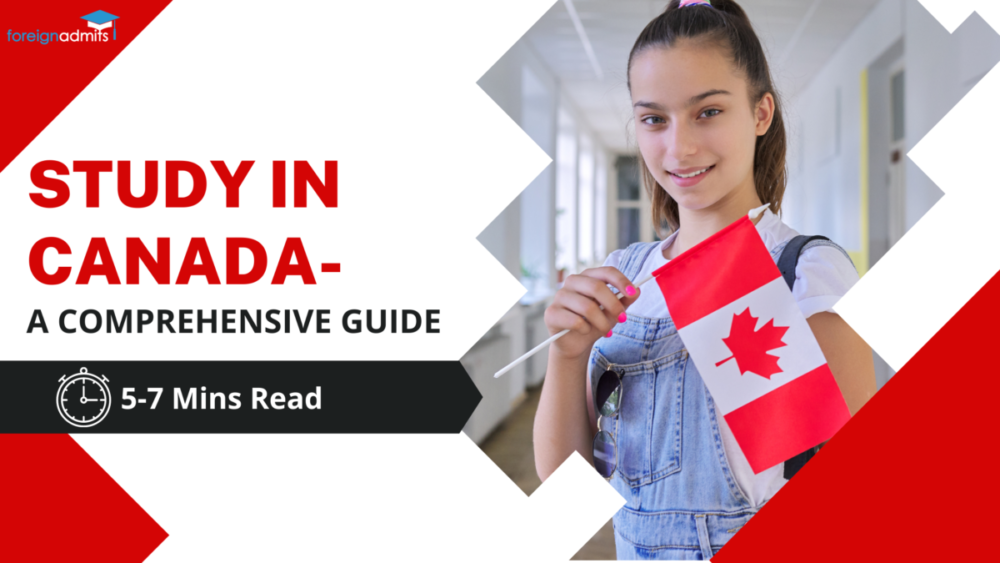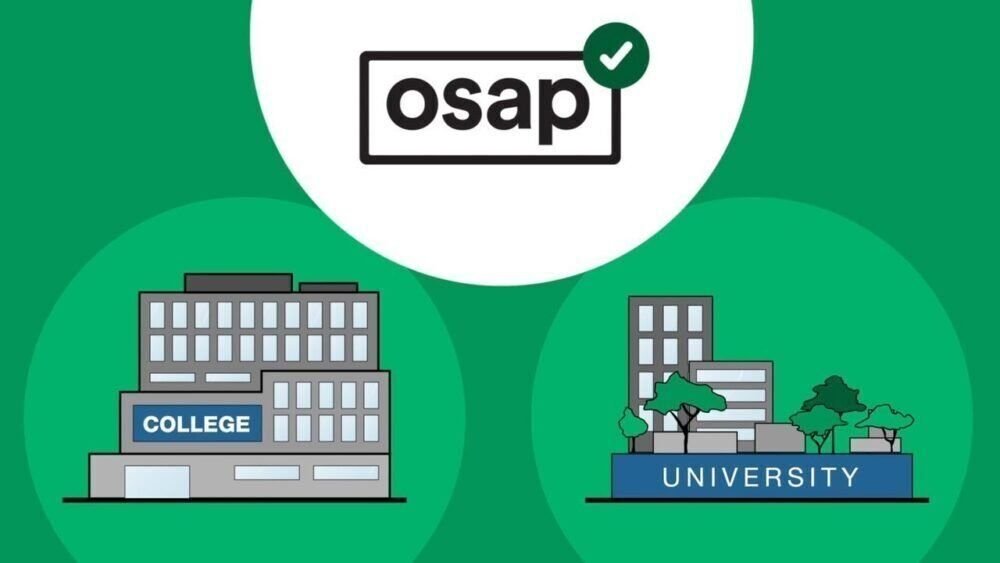
Surviving in Toronto After Graduation: A Real Talk for International Students
Graduating from university is a massive milestone, but for many international students in Toronto, the next steps can feel daunting. With the rising cost of living, immigration policies constantly shifting, and IRCC’s recent plans to review the status of 4.9 million temporary residents by the end of 2025, the path forward might seem overwhelming. But don’t worry—you’re not alone, and with the right approach, you can navigate this chapter successfully.
Here’s a real and authentic guide to surviving (and thriving) in Toronto post-graduation during these uncertain times:
1. Get Clear on Your Immigration Status
One of the first steps after graduation is understanding where you stand with IRCC. If you’re on a Post-Graduate Work Permit (PGWP), double-check the expiration date and start planning your next steps. Don’t leave this to the last minute! If you’re looking to stay in Canada long-term, explore pathways like:
- Express Entry (especially through the Canadian Experience Class if you have Canadian work experience).
- Ontario Immigrant Nominee Program (OINP), which caters to workers in high-demand industries.
- Rural and Northern Immigration Pilot (RNIP), in case you’re open to living outside Toronto for a while.
Immigration policies can feel complicated, so if you’re unsure, consult an immigration lawyer or a licensed consultant. It’s an investment in your future.
2. Tighten Your Budget – Surviving in Toronto
Toronto is a world-class city—but it’s also expensive. As a recent graduate, managing your finances smartly is key. Start with the basics:
- Affordable Housing: Look for shared accommodations or rent in less expensive areas like Scarborough, North York, or Etobicoke. Apps like Kijiji, PadMapper, and Facebook Marketplace can be helpful.
- Save Where You Can: Cook at home, use public transportation, and take advantage of student discounts wherever possible.
- Emergency Fund: If you haven’t already, aim to save up at least 3-6 months’ worth of living expenses. Unexpected challenges can pop up, especially if your immigration status changes.
3. Land That First Job
Securing employment isn’t just about earning money—it’s also critical for building your case for permanent residency. Start by:
- Networking: Attend career fairs, alumni events, and professional meetups. Many jobs in Toronto are landed through connections.
- Updating Your Resume: Tailor it to highlight your Canadian education and any local work experience.
- Using Job Boards: Platforms like LinkedIn, Glassdoor, Indeed, and the Canada Job Bank are great starting points.
- Considering Temp Work: If full-time roles are scarce, temp agencies can help you gain Canadian work experience quickly.
Don’t forget to explore high-demand industries like IT, healthcare, engineering, and finance. For those in tech, certifications in areas like cloud computing (AWS, Azure) or project management (PMP, Scrum) can give you a competitive edge.
4. Strengthen Your Skills
Employers value candidates who show initiative. Take time to invest in yourself:
- Language Proficiency: A strong command of English (and French, if applicable) can make a big difference.
- Certifications: Whether it’s in IT, project management, or another field, upgrading your qualifications can open doors.
- Volunteering: If you’re struggling to find paid work, volunteering can help you build your network and gain Canadian experience.


5. Find Your Community
Toronto’s diversity is one of its biggest strengths. Tap into it! Join cultural groups, alumni associations, or professional organizations for support and networking opportunities. Many groups also offer resources specifically for newcomers and international graduates.
Programs like the Newcomer Settlement Program and Bridge Training Programs Programs like the Newcomer Settlement Program and Bridge Training Programs can also assist with your transition into Canadian life and the workforce after completing university in Toronto. These programs aim to facilitate your integration and provide you with the necessary skills and support needed for a successful professional career in Canada. can also help you adapt to life and work in Canada.
6. Take Care of Your Mental Health
Navigating post-grad life in a new country can be stressful, so don’t neglect your mental well-being. Most universities offer free counseling services for a limited time after graduation, and there are community organizations that provide low-cost mental health support. Building a support system of friends, mentors, and peers is crucial.
7. Have a Backup Plan
Life is unpredictable, and immigration policies can change. Be proactive:
- Explore Other Provinces: Some provinces have lower living costs and more relaxed immigration pathways.
- Consider Opportunities Abroad: While Canada is a great place to build a future, keep an open mind about opportunities in other countries if things don’t work out.
- Stay Legally Compliant: Ensure your permits and documents are up-to-date. Overstaying your visa can have serious consequences.
Final Thoughts
Toronto is full of opportunities, but it’s also a city that demands resilience and adaptability. Whether it’s navigating immigration policies, landing your first job, or building a life in one of the most multicultural cities in the world, remember: every challenge is an opportunity to grow. Stay informed, stay connected, and most importantly, stay hopeful.
If you’ve been through this journey or are currently figuring it out, share your experience in the comments below. Let’s learn from and support each other!

















